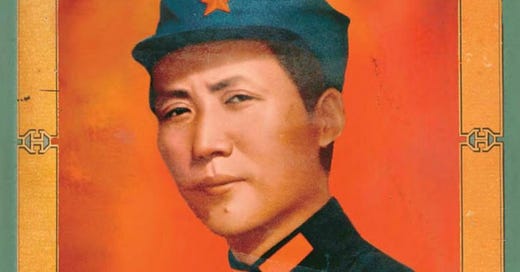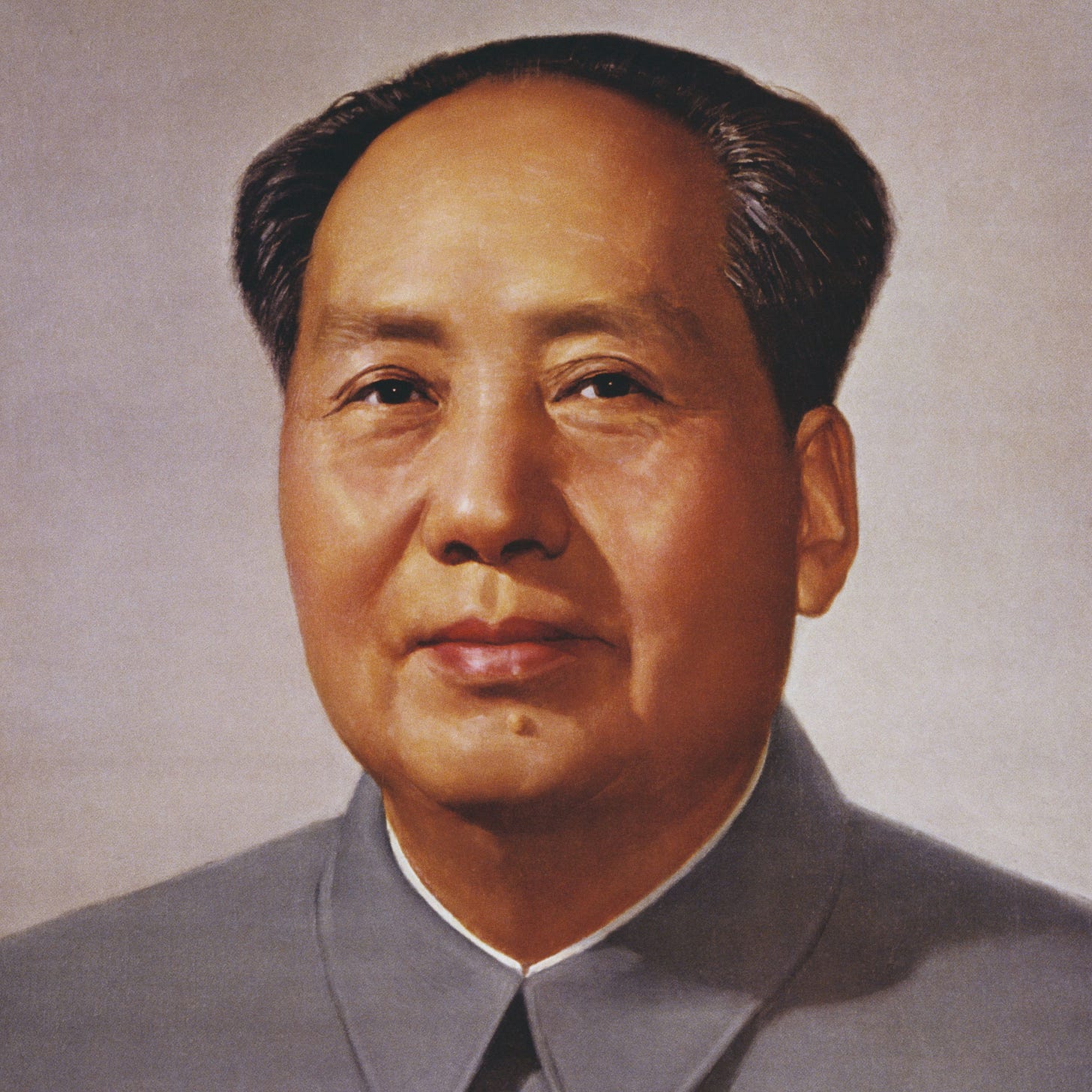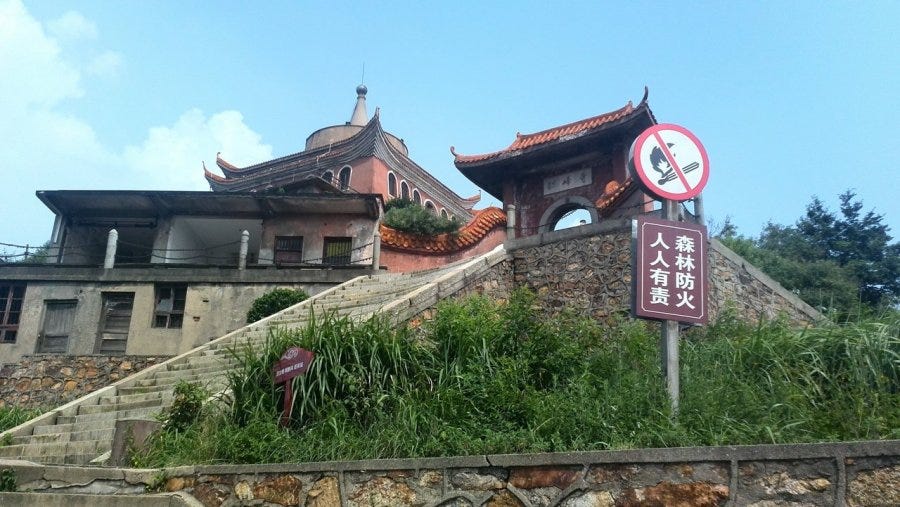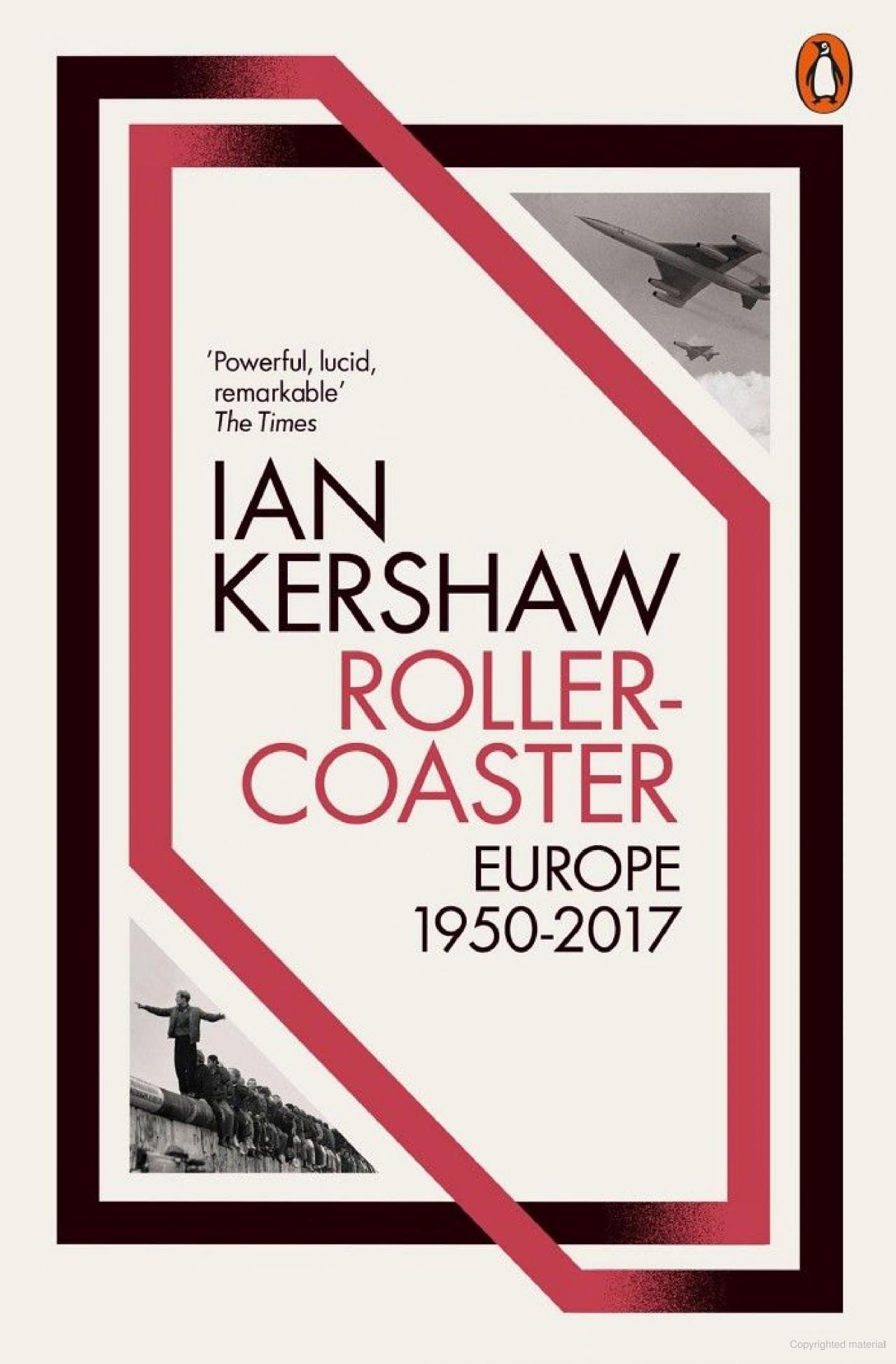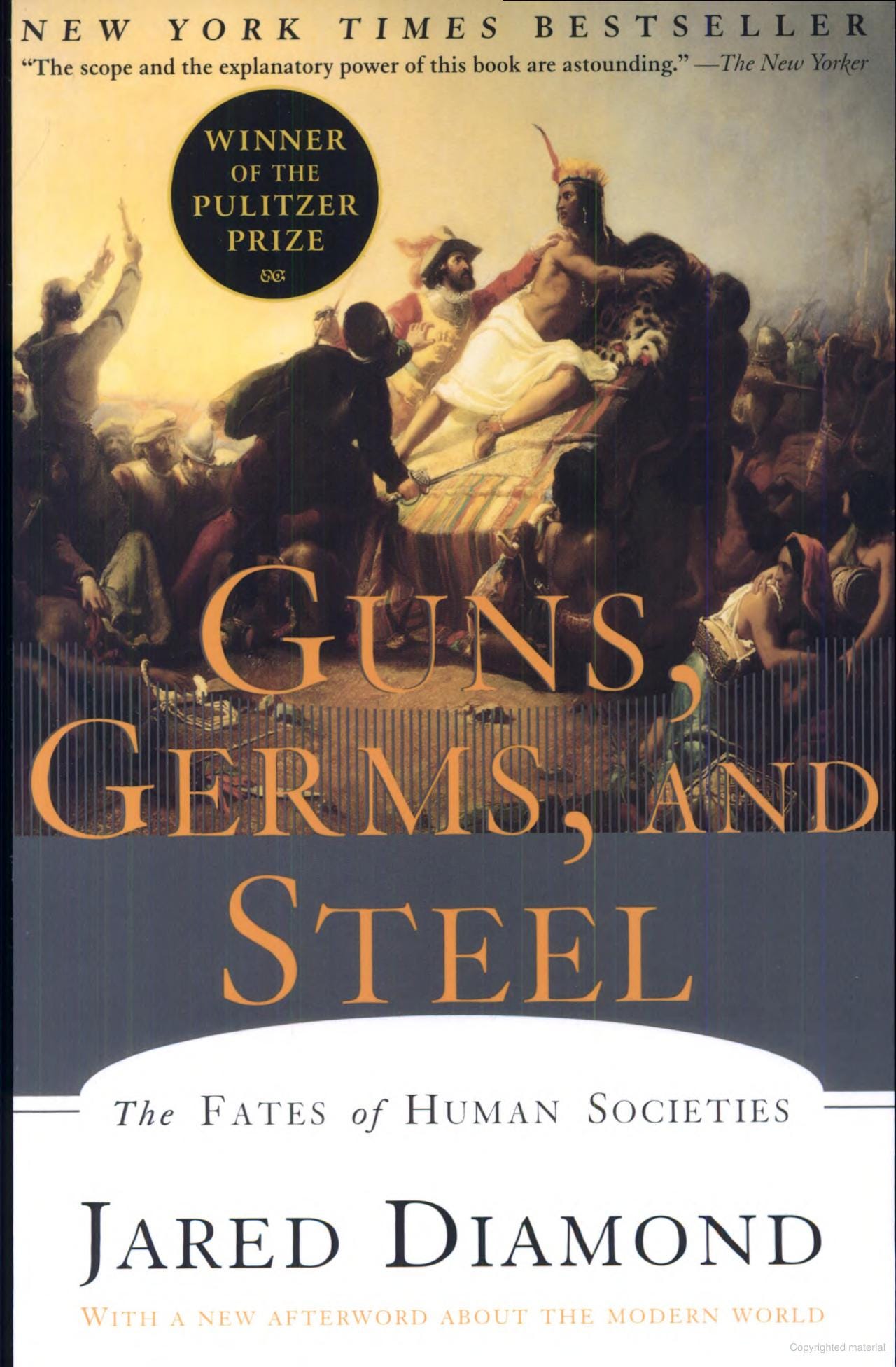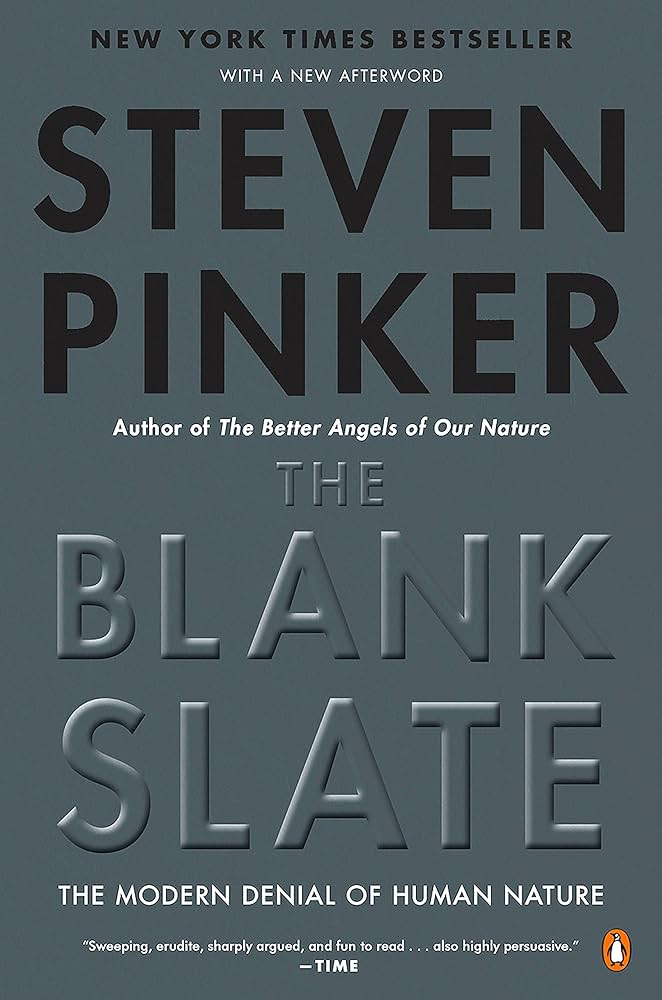Mao: The Unknown Story - A Review
A review of Jung Chang and Jon Halliday's authoritative account of the life of one of history's worst figures.
Content Overview
Closely following the life of infamous Chinese Communist Party leader Mao Tse-Tung, Mao: The Unknown Story is a simultaneously thrilling and terrifying account of the events of Mao’s life through the 20th century. Beginning in his earliest years in his home village of Shaoshan, the reader shadows Mao as he gains a modest education in his teenage years as an angsty and rebellious young man with a bad relationship with his parents. Eventually, he fell into politics and found success with the early Chinese Communist Party, rose rapidly through the ranks, schemed, planned, and betrayed, then finally became supreme dictator of China. Just after the table of contents, authors Jung Chang and Jon Halliday have placed a couple of handy maps with which to track Mao’s progress through China during certain parts of his life.
The book foregoes delving too deeply into other historical narratives that aren’t Mao’s in the interest of keeping this story purely about him. At the same time, just enough context is given for important events that involve other factions or individuals. For example, while describing the civil war in China, Chang and Halliday include just enough information about Chiang Kai-Shek, his Nationalists, and other factors like international involvement for the reader to understand the conflict in its true scale. The result is a comprehensive account of Mao, his choices, the major events surrounding him, and how he came to affect China in such a drastic way.
Mao: The Unknown Story includes incredibly difficult subject matter. 20th century China experienced far more than its share of bloodshed and misery, but Chang and Halliday do not shy away from describing precisely what occurred, where, when, and to whom. In effect, the reader learns about terrible tragedies befalling many millions of people, and that can take a significant toll on even the most hardened readers. The Long March, the Chinese Civil War, the Great Leap Forward, the Cultural Revolution… there were many times when I had to stop reading, sit, and simply think about what I had just read.
I am only modestly educated in history, particularly when it comes to East Asia, and Mao: The Unknown Story does not require the reader to be any more knowledgeable than I in order to properly follow the text. Names, dates, and places certainly become jumbled from time to time, but I was always able to regain my mental footing by checking the maps at the beginning of the book, scanning previous pages for a particular name, and so on, if I needed to.
Mao: The Unknown Story is an extensive and detailed account of Mao Tse-Tung’s life, guaranteed to interest anyone wondering how something like the catastrophe of Mao’s China could have occurred.
Thoughts and Observations
The worst tyrants in history are sometimes dubbed “monsters”, to which some respond “as terrible as they were, they were human, not monsters, which makes it all the more terrifying.” I certainly agree, so how does a person turn into that which we would like to refer to as a monster? That’s one of the questions I was hoping to answer while reading this book. I didn’t get an answer, exactly, though I do certainly have a more illuminated view of Mao and his ilk now. The concept of “right place at the right time” seems to have been Mao’s greatest ally. That and being a blood-thirsty, power-hungry, and unscrupulous coward, of course.
Mao was willing to do whatever it took to raise his own power and status. To him, everyone (absolutely everyone, including multiple wives and children, longtime colleagues and allies, and millions of anonymous innocents) was expendable. They were currency for Mao to spend as he saw fit. What could have happened in this region and the world more broadly if the material cost of food and other resources and, far more importantly, the human cost of the decades of Mao’s rule was better spent? There is no guarantee that Chiang Kai-Shek’s Nationalists would have created the opposite of Mao’s hellscape, or anything else of the sort, but it’s easy to imagine that it could have been better. So many of the great tragedies of 20th century China can be directly traced to Mao’s decision making. Utterly heartbreaking.
While I read, I found it a stimulating exercise to track the rate of technological progress. It was very apparent how military technology advanced because of the descriptions of war and negotiations around arms, but other spheres of technological advancement were a little harder to follow, in part because technologies considered modern were rare in much of China for most of the 20th century. All the same, glimpses could be made through descriptions by Chang and Halliday of cars becoming more common, medicine advancing, telephones arriving, and so forth. Considering the costs mentioned above, what could China and its vast population have accomplished technologically and culturally if its path through history hadn’t been so horribly detoured?
The machine of the CCP through this period churned and heaved under its own weight. Policy could change on a whim, and a public enemy one day could become a highly-praised hero the next, ultimately culminating in a culture of worship dedicated to Mao and his rule, commonplace violence, and squelched self expression.
Criticism and Responses
The responses to Mao: The Unknown Story vary considerably in their content. The positive reception largely hails it as a monumental work and a valuable contribution to the histories of Mao and China. Xu Youyu, a current Chinese intellectual and proponent of democratization and liberalization, showered it with praise, calling it the best yet work covering Mao’s life. In the West, most welcomed it with excitement and it is one of the most widely circulated historical works of this era, accompanying Edgar Snow’s Red Star Over China at the top of that list. The negative reception accused Chang and Halliday of holding an aggressively biased position, displaying Mao as a caricature of what he really was by jumping to conclusions and occasionally relying on or misinterpreting dubious evidence. This section of my review will focus on responding to the negative reception rather than the positive.
I read as thoroughly as I could into the criticism of Mao: The Unknown Story. Unfortunately, the primary critical work I wanted to consume before this review, Was Mao Really a Monster? The Academic Response to Chang and Halliday’s "Mao: The Unknown Story", is absurdly expensive and also apparently quite rare. I was able to read quite a lot of it through the “preview” function on a website that has it available for purchase, and through that I was still able to read about the arguments against the account of events within Mao: The Unknown Story. Aside from this and other academic criticism, Mao: The Unknown Story has also garnered laymen critics, some of whom are obviously blindly defending the Chairman, but a few echo the arguments held within the academic response. In both cases, the arguments are weak.
The strongest argument presented is the assertion that Chang and Halliday often decide on motive, or otherwise conclude on the internal reasoning, of certain individuals; particularly Mao himself. I struggle to call this an argument against the work or authors. Indeed, they do this throughout the book, but however presumptuous their conclusions may be, they are correct in characterizing Mao in the way they do. I’m so confident in this because there is too much horrifying history that we can attribute to Mao that is entirely uncontroversial and accepted universally, and which also condemns his character in every way possible. I challenge anyone to present an act through Mao which could have possibly redeemed his character in any way. It is not possible; he simply committed far too much evil much too willingly.
Quite often I noticed reviews that encouraged people to see Mao as a “complex figure.” One who did great things, like unite China and rid it of the warlords which dominated its recent history, and not just bad things, like be responsible for tens of millions of deaths and for turning his country into a slave state. I resent the assertion that there is complexity to a character like Mao. In the ways it is important, Mao is singularly simple: he was a power-hungry, hateful manipulator who stopped at nothing to further his own goals and to grasp more power for himself. The “complexity” some charitably provide him is only present in how he went about achieving his just-mentioned ultimate personal goals; in what specific choices he made in order to grab more power. That means the time period and its socio-political setting were very complex, but Mao himself was extraordinarily simple. Trying to attribute more complexity than is due to a figure like Mao, Hitler, or Stalin is to blur the lines with sympathy for their methods; as if the ends justify the means.
Critics also claim that Chang and Halliday set out for a “hit job” on Mao, saying they spent great effort vilifying him on almost every page. Again, they definitely do this (although every page is an exaggeration). But it is not difficult to disparage Mao nor is it unwarranted to resent him and his legacy. If this book is a character assassination, it’s only shooting the corpse of Mao’s moral character after he killed it himself by exercising his volition. That said, I can understand why some would prefer to not have the vilification spread so thickly since Mao: The Unknown Story is a work of history; the reader can naturally come to the conclusion that Mao was terrible without Chang and Halliday’s insistence.
I urge all readers to enjoy the primary text, Mao: The Unknown Story, and then to go on and judge the criticism for themselves. Beyond that, learn as much as you’re able to about this period, including reading other works on Mao’s life if they interest you.
Final Thoughts and Recommendations
Next on my list of interesting topics in East Asian history is a biography on Chiang Kai-Shek, who was the Nationalist leader of China before Mao and his CCP vanquished him and his leadership, sending Chiang packing for Taiwan. Reading about his rule and the conflicts therein will provide me with more context and nuance, of which there is a ridiculous amount. Also recommended by a close friend and historian is a biography on Ho Chi Minh, the Vietnamese Communist leader, and namesake of the Vietnamese city.
Also on my list, but more broadly within history, is Roller-Coaster: Europe, 1950-2017 by Ian Kershaw, and Guns, Germs, and Steel by Jared Diamond. The former I’ve been eyeing for some time because the development of Europe after World War 2 is fascinating in the same way that plant life growing from ashes is fascinating. The latter is on my list because it is a widely lauded work of history on a huge anthropological scale, and understanding how guns, germs, and steel have affected human development is valuable for understanding our present and our future.
Central to Maoist thought is the idea that people, particularly children, are infinitely malleable. That is, Mao and many who have a similar view of human nature believe that the human mind is a “blank slate”; a tabula rasa; or, in Mao’s specific case, “On a blank sheet of paper free from any mark, the freshest and most beautiful characters can be written, the freshest and most beautiful pictures can be painted.” The “great” Chairman Mao proved to us handily that he was unable to paint any such beautiful pictures, and the idea that human nature can be molded to manifest as whatever some tyrant wishes should be thrown out entirely. The Blank Slate by Canadian cognitive scientist Steven Pinker goes over these same ideas in detail befitting the complexity of the topic. It will also be of interest to anyone pondering questions of human nature, especially if those questions bubbled up in response to real events, like those covered by Mao: The Unknown Story.
My final recommendation is by one of the authors of this book, Jung Chang, titled Wild Swans: Three Daughters of China. Chang recounts the lives of three generations of her family: her grandmother, her mother, and finally her own life, compiling powerful stories spanning a century.
Mao: The Unknown Story satisfied my thirst for knowledge about this period but it also showed me what I want to learn about next. Often my partner would ask me why I was reading it, since there is such a staggering amount of horror recorded in its pages. Perhaps it was something of a morbid fascination, but I yearn to understand how the world can create individuals like Mao. The more I understand about them and their creation the better I can do my part to make sure they never happen again.
Thank you for reading.

